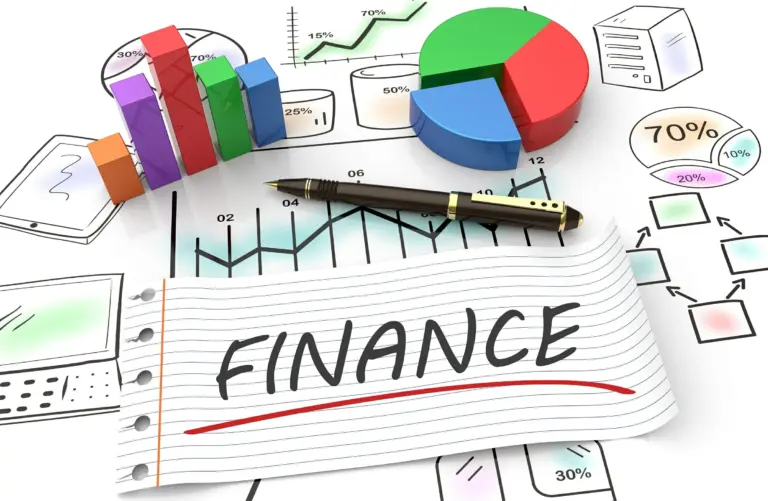Nigeria’s financial system is battling more than economic headwinds — it is grappling with a deep-rooted trust crisis. From collapsed banks to the rise of Ponzi schemes, years of broken promises have left citizens wary of institutions meant to safeguard their wealth.
This distrust is not confined to the poor or uninformed. Middle-class professionals, entrepreneurs, and even wealthy investors routinely fall prey to fraudulent platforms promising outsized returns. Behind every collapse is a trail of lost savings, dashed hopes, and growing skepticism toward legitimate financial products.
Temitope Ijibadejo, Africa Regional Director at SquaredFinancial, sees this as the biggest threat to Nigeria’s financial stability. “Trust is the currency that drives all markets. Without it, even the strongest reforms or innovations cannot succeed,” he warned.
The roots of the problem run deep:
-
Institutional failures — past collapses of banks and fund managers have left scars.
-
Weak enforcement — fraudsters often rebrand and resurface faster than regulators can act.
-
Cultural pressure — an environment of high inflation and limited opportunity fuels a dangerous appetite for “quick money.”
Nigeria’s regulators have stepped up efforts, with the Securities and Exchange Commission wielding stronger powers under the Investment and Securities Act 2025. But Ijibadejo argues that enforcement alone is not enough. A new financial culture — built on transparency, literacy, and innovation — must emerge.
“People chase Ponzis because safer alternatives are too complex, too distant, or simply unavailable,” he noted. Banks and fintechs, he insists, must rethink their offerings to meet people where they are, in language and products they understand.
The bigger cost of inaction is not just lost money but stunted economic growth. With trust in tatters, fewer Nigerians are willing to engage the formal financial system — a risk that threatens the country’s ability to attract long-term investment.
For now, rebuilding trust remains Nigeria’s most urgent financial reform. Without it, every new policy or product will risk being met with doubt — and every Ponzi with open doors.

